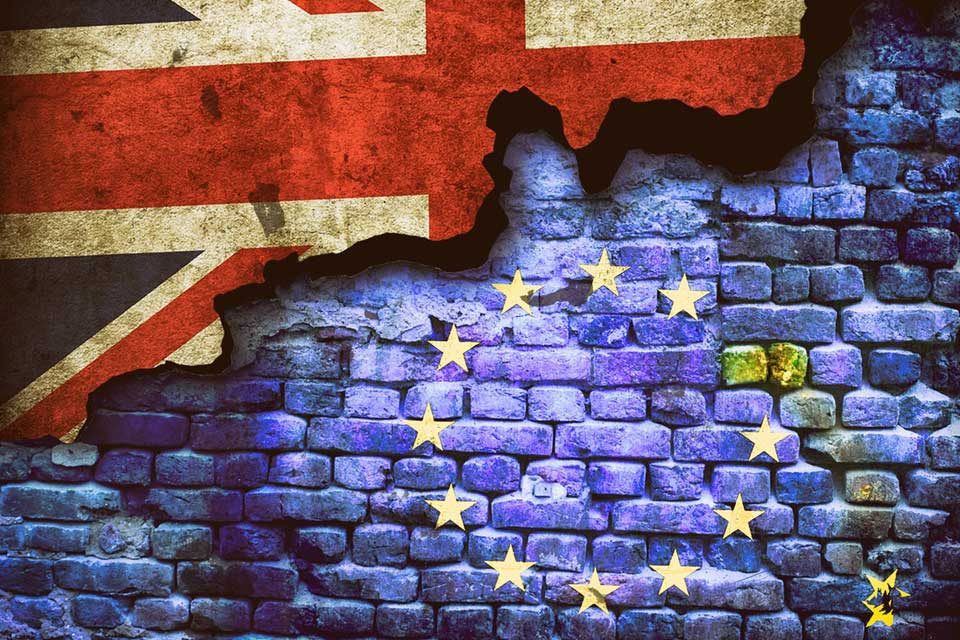The White Paper outlining the UK Government’s proposed future relationship between the UK and European Union after Brexit has received a mixed, but mostly positive, response from leading supply chain industry figures.
The proposals include a facilitated customs arrangement, removing the need for customs checks between the EU and UK – a measure that, whether successful or not, has far reaching implications for supply chains across countless markets.
James Hookham, Deputy Chief Executive of the Freight Transport Association (FTA), said the solutions outlined offer encouragement for those tasked with keeping the nation’s complex supply chain moving freely, but will require a similar level of imagination and optimism from the UK’s European trading partners.
He added: “[The] White Paper includes positive proposals for many areas which have caused concern for the logistics industry, and should give businesses, which have been worried about a lack of clarity over future trading arrangements, some level of reassurance. It is now Europe’s turn to step up and deliver a similarly supportive, encouraging plan which will minimise the barriers to continued frictionless trading arrangements as the UK leaves the EU.”
Robert Keen, Director General of the British International Freight Association (BIFA) expressed mixed feelings about its contents. He said: “The White Paper addresses some of the issues that BIFA has highlighted over the past two years, including retaining something as close to the Single Market and Customs Union as is possible, with positive ideas on future Customs matters and international trading arrangements.
“But we have to remember that nothing in the White Paper is cast in stone. The proposals on Customs, where the UK is proposing to apply EU tariffs to EU goods passing through the UK, while having the freedom to set different tariffs on goods entering the UK, look complex and untested, something that has already seen negative comment from the EU.
“Other than a facilitated customs arrangement, I suspect that there will be other areas where there will be differences of opinion between the UK and EU.
“Notwithstanding the above, it is the most comprehensive and cogent proposal put forward by the UK Government to date and is a useful basis for negotiation with the EU.
“However, we need to be realistic. It still has to get through parliament, even before the negotiations in Brussels.”
The UK Chamber of Shipping, meanwhile, has given the Prime Minister’s White Paper its seal of approval, and demanded the European Union now ‘gets serious’. Director of Policy David Balston said: “The Prime Minister is to be commended for this detailed paper which shows the government has listened to industry’s concerns.
“This vision for the UK’s future relationship with the EU is bold, comprehensive, ambitious and robust. It is good for both the UK and the EU economy; it guarantees both that the referendum result will be delivered, as well as the free flow of goods over national borders.
“Just as importantly, it will put the UK at the forefront of global customs arrangements, making UK customs processes streamlined not just for European trade, but for trade with countries around the world – allowing the UK to further develop its status as a global trading nation.
“It is time now for the EU to get serious and stop being prisoner to its own dogma. The UK is being constructive, collaborative and realistic. If the EU dismisses these proposals, as it has previous iterations, or tries to push the UK even further, then the risk of a no-deal Brexit will rise dramatically. If that comes to pass it will be because of their own intransigence, and they should be under no illusions: a no-deal scenario would significantly damage the European economy as well as the UK’s.”







